
In the world of gardening, the quest for effective pest control is an ongoing battle. While there are numerous chemical solutions available, many gardeners are turning to more natural and sustainable methods. One such method involves the use of companion plants, and among them, basil stands out as a versatile and powerful ally. All types of basil make useful companion plants, but recent research has uncovered one type that reigns supreme in deterring pests.
Companion planting is an age - old gardening technique that involves growing different plants together for mutual benefit. Some plants can repel pests, attract beneficial insects, or improve the soil quality for their neighboring plants. Basil, with its strong aroma and natural compounds, has long been known to have pest - repelling properties. It can help protect other plants from a variety of common garden pests, such as aphids, whiteflies, and mosquitoes.
There are several types of basil, each with its own unique characteristics and scents. Sweet basil is the most commonly known type, with its fresh, slightly sweet aroma. It is often used in cooking, but it also has pest - deterring qualities. Cinnamon basil has a warm, spicy scent similar to cinnamon, and it can be effective in keeping certain pests at bay. Lemon basil, as the name suggests, has a citrusy aroma that can repel insects.
However, researchers have found that Thai basil is the best type of basil for deterring pests. Thai basil has a distinct, pungent aroma that is a combination of anise and licorice. This strong scent is highly unappealing to many pests. The essential oils in Thai basil, such as eugenol and estragole, have been shown to have insect - repellent properties. These oils can interfere with the pests' sense of smell and taste, making it difficult for them to locate and feed on nearby plants.
When it comes to using Thai basil as a companion plant, there are several ways to incorporate it into your garden. You can plant it directly next to the plants that are most susceptible to pests. For example, planting Thai basil near tomatoes can help protect the tomato plants from aphids and whiteflies. The strong aroma of the basil masks the scent of the tomatoes, making it harder for the pests to find them.
Another way to use Thai basil is to create a border around your garden beds. This acts as a natural barrier, preventing pests from entering the garden in the first place. You can also harvest the Thai basil leaves and use them to make a natural pest - repellent spray. Simply steep the leaves in hot water for a few hours, strain the liquid, and then spray it on the plants. This homemade spray can be just as effective as commercial pest - control products, without the harmful chemicals.
In addition to its pest - repelling properties, Thai basil also has other benefits for your garden. It can attract beneficial insects, such as bees and butterflies, which are important for pollination. These insects help to ensure that your plants produce a good harvest. Thai basil also adds a beautiful aesthetic to your garden with its purple - tinged stems and delicate flowers.
However, like any plant, Thai basil has its own requirements for growth. It thrives in full sun and well - drained soil. It should be watered regularly, but not over - watered, as this can lead to root rot. You can start Thai basil from seeds or purchase young plants from a nursery. Once established, it is relatively easy to care for and can provide long - term pest protection for your garden.
In conclusion, if you're looking for a natural and effective way to control pests in your garden, consider using Thai basil as a companion plant. Its strong pest - deterring properties, combined with its other benefits, make it a valuable addition to any garden. By incorporating Thai basil into your gardening routine, you can reduce the need for chemical pesticides and create a healthier, more sustainable garden environment. So, go ahead and give Thai basil a try in your garden, and watch as it helps you win the battle against garden pests.
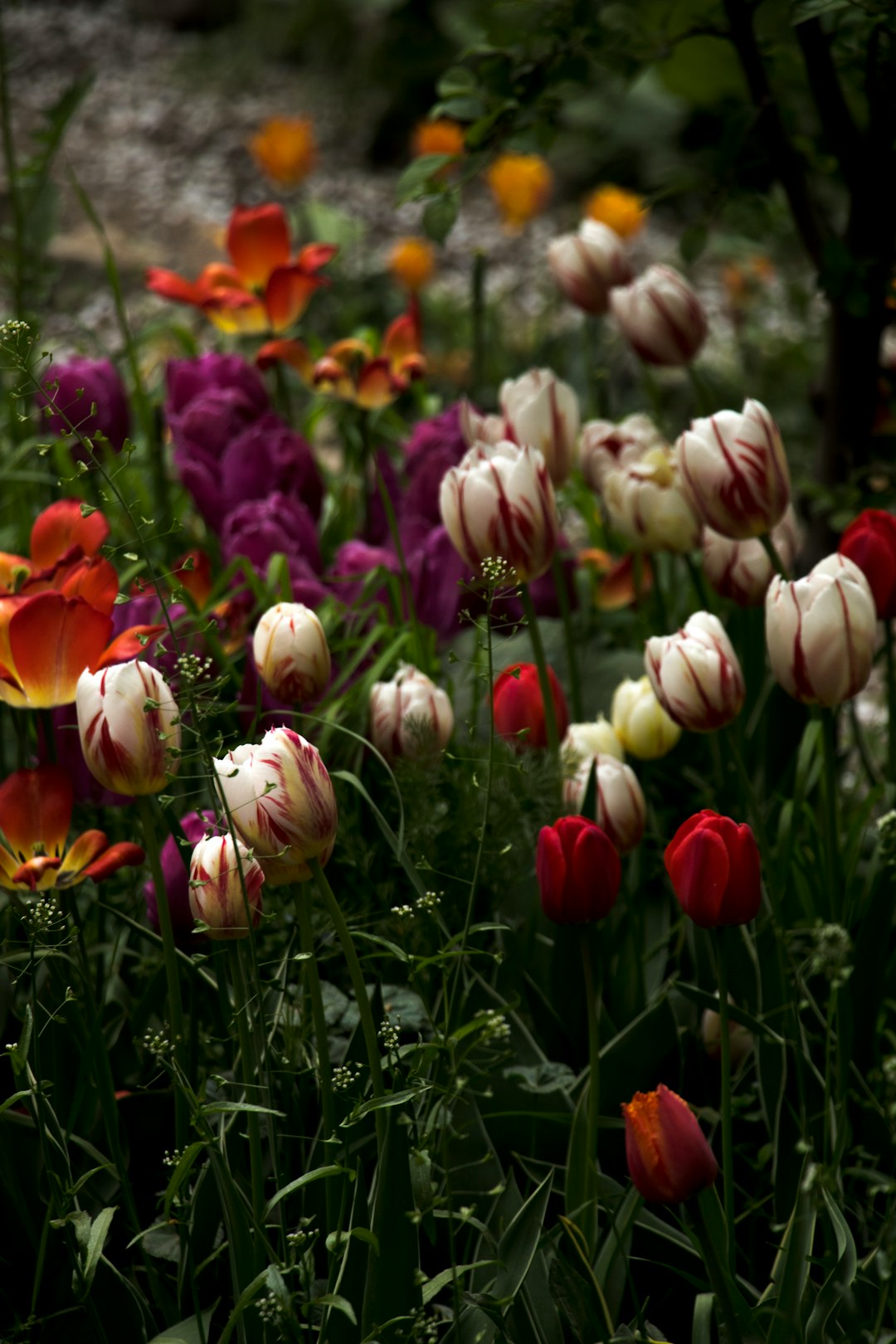
Unleashing the Floral Magic of Snowball Hydrangeas
Unleashing the Floral Magic of Snowball Hydrangeas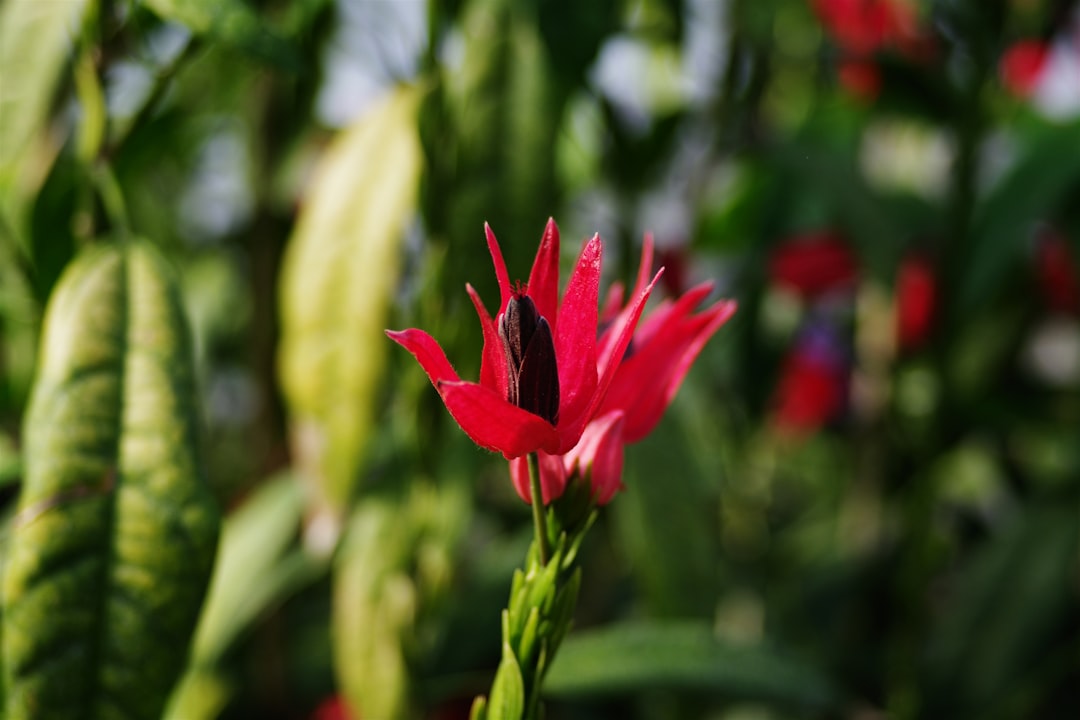
Unveiling the Secrets of Cultivating Carolina Allspice
Unveiling the Secrets of Cultivating Carolina Allspice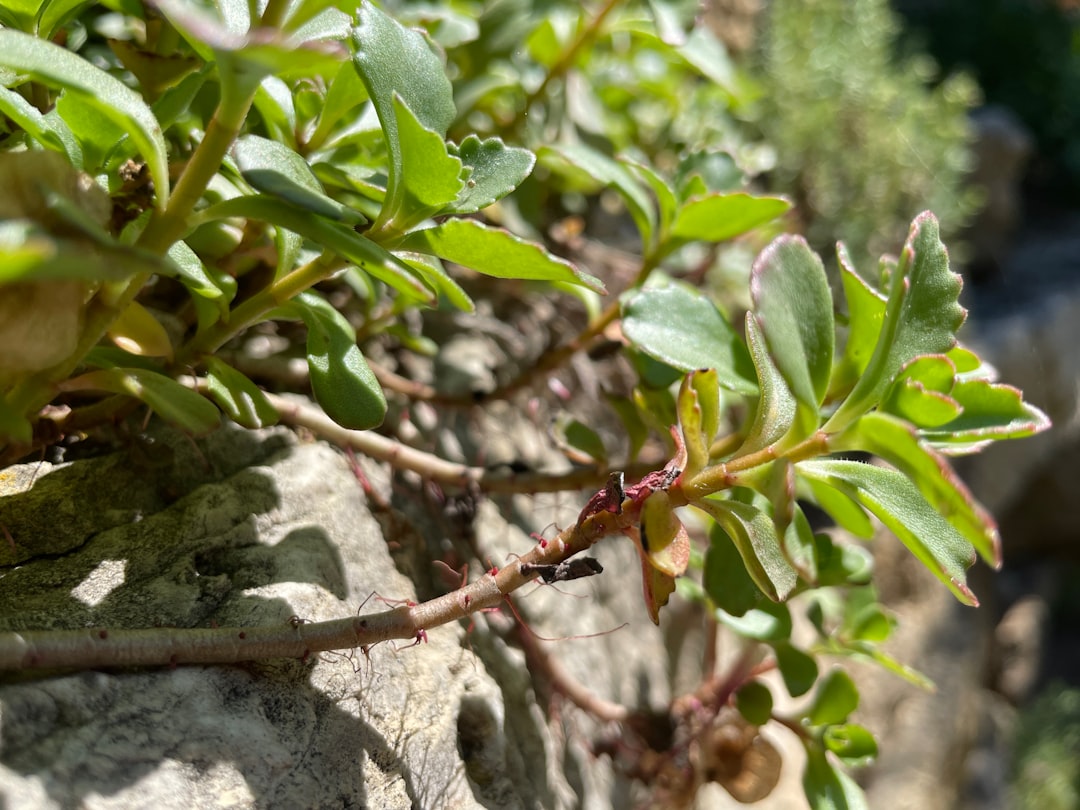
The Art of Planting Bare Root Trees: A Comprehensive Guide
The Art of Planting Bare Root Trees: A Comprehensive Guide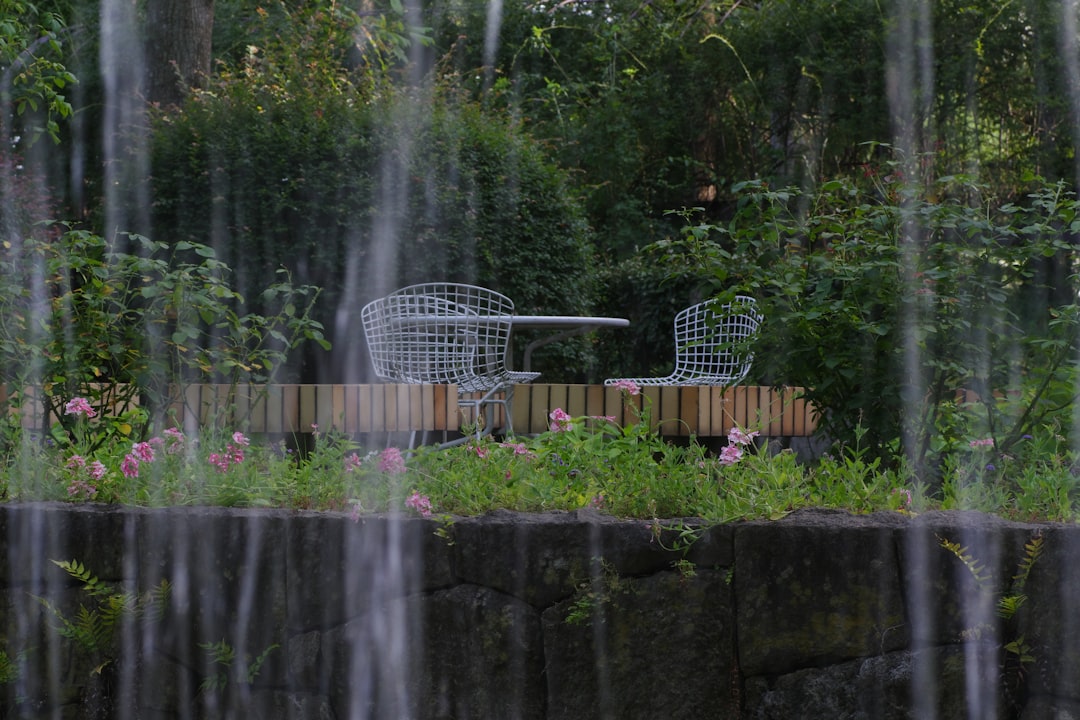
The Enchanting Allure of White - Flowered Trees for Your Front Yard
The Enchanting Allure of White - Flowered Trees for Your Front Yard
Transform Your Home with Succulent Wall Art from an Old Picture Frame
Transform Your Home with Succulent Wall Art from an Old Picture Frame
Transforming Broken Pots into Enchanting Fairy Gardens
Transforming Broken Pots into Enchanting Fairy Gardens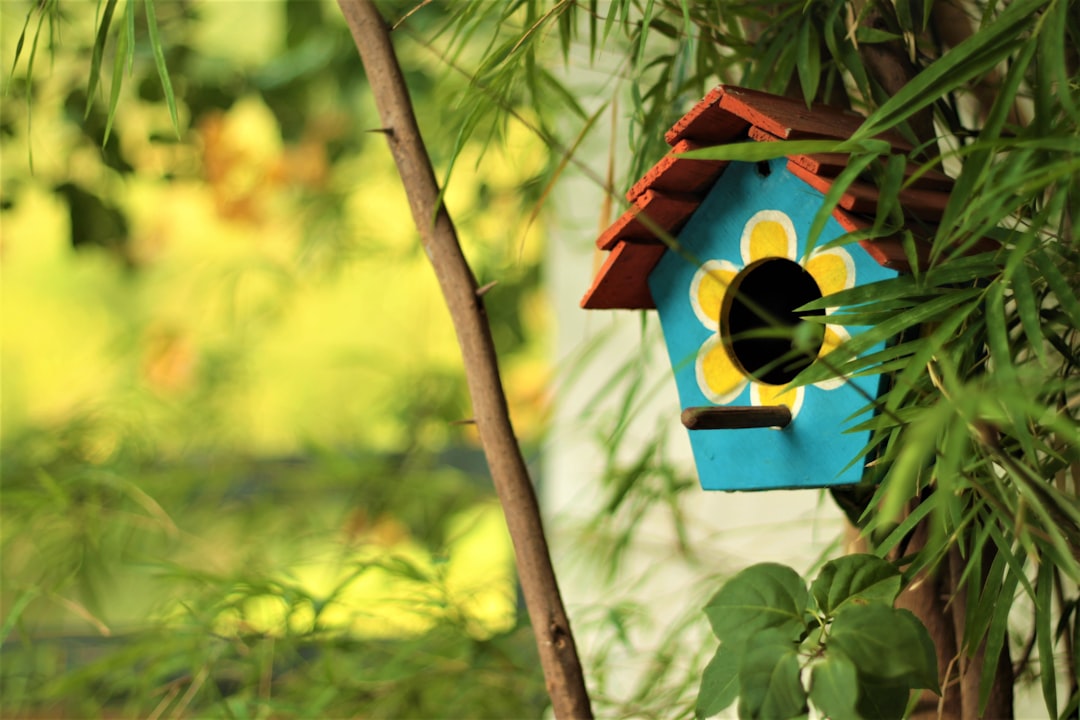
Unleash the Beauty of Dahlias in Pots This Summer
Unleash the Beauty of Dahlias in Pots This Summer
Transform Your Shady Yard with Caladium Container Magic
Transform Your Shady Yard with Caladium Container Magic
Unleash Your Creativity with DIY Concrete Planters
Unleash Your Creativity with DIY Concrete Planters
The Secret to Thriving Jade Plants: Minimal Effort, Maximum Results
The Secret to Thriving Jade Plants: Minimal Effort, Maximum Results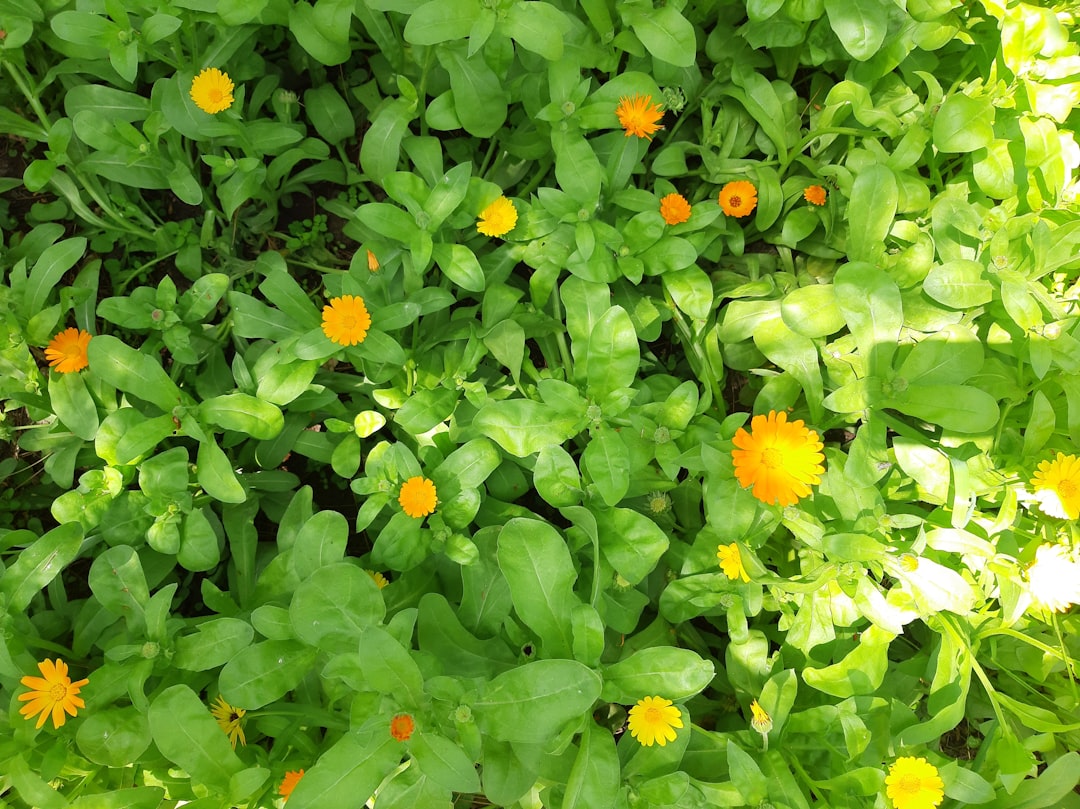
Unveiling the Secrets of Thriving Houseplants: A Two - Month Journey
Unveiling the Secrets of Thriving Houseplants: A Two - Month Journey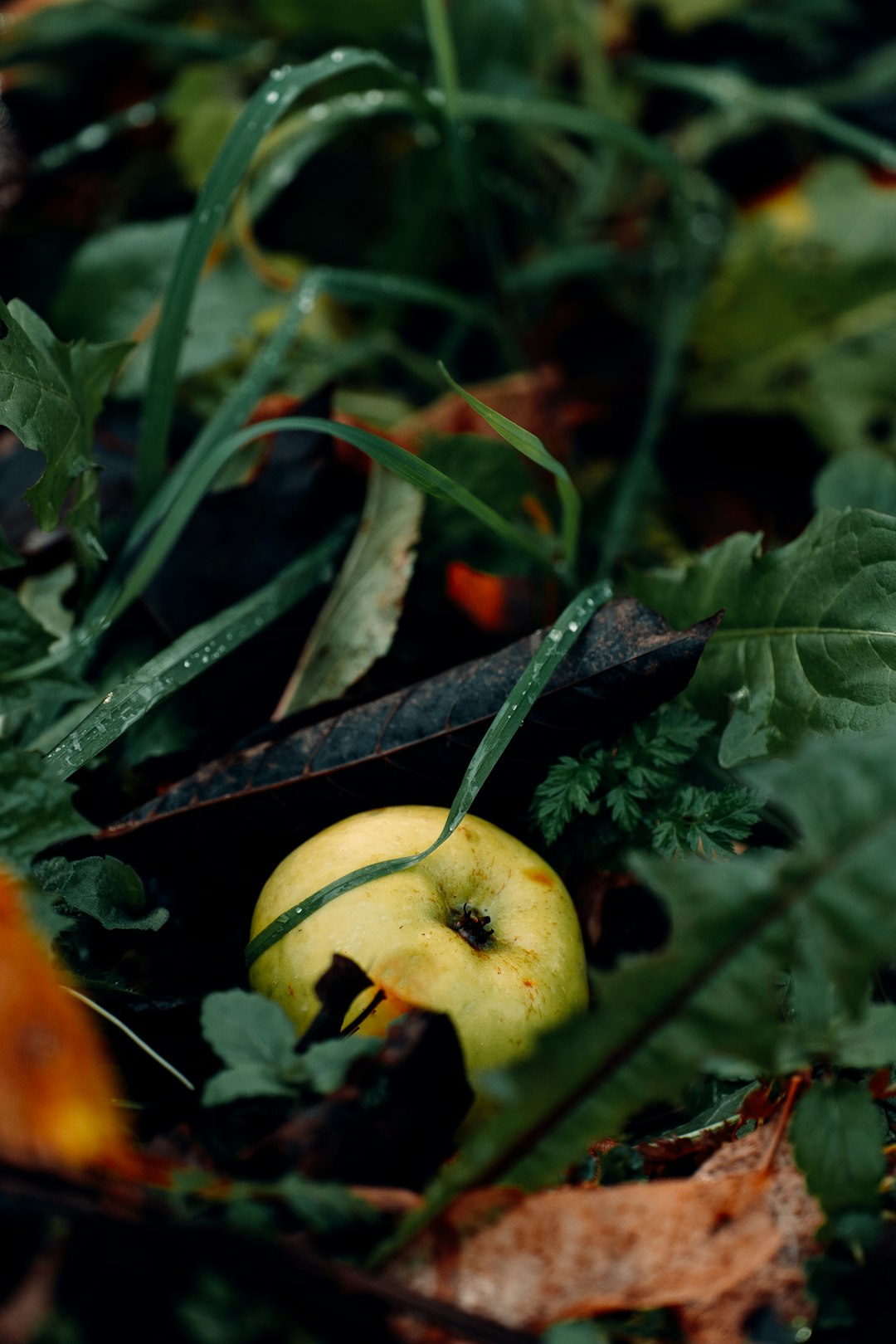
The Ideal Starter Plant for Your Indoor Oasis
The Ideal Starter Plant for Your Indoor Oasis
Transform Tiny Outdoor Spaces with a DIY Container Pond
Transform Tiny Outdoor Spaces with a DIY Container Pond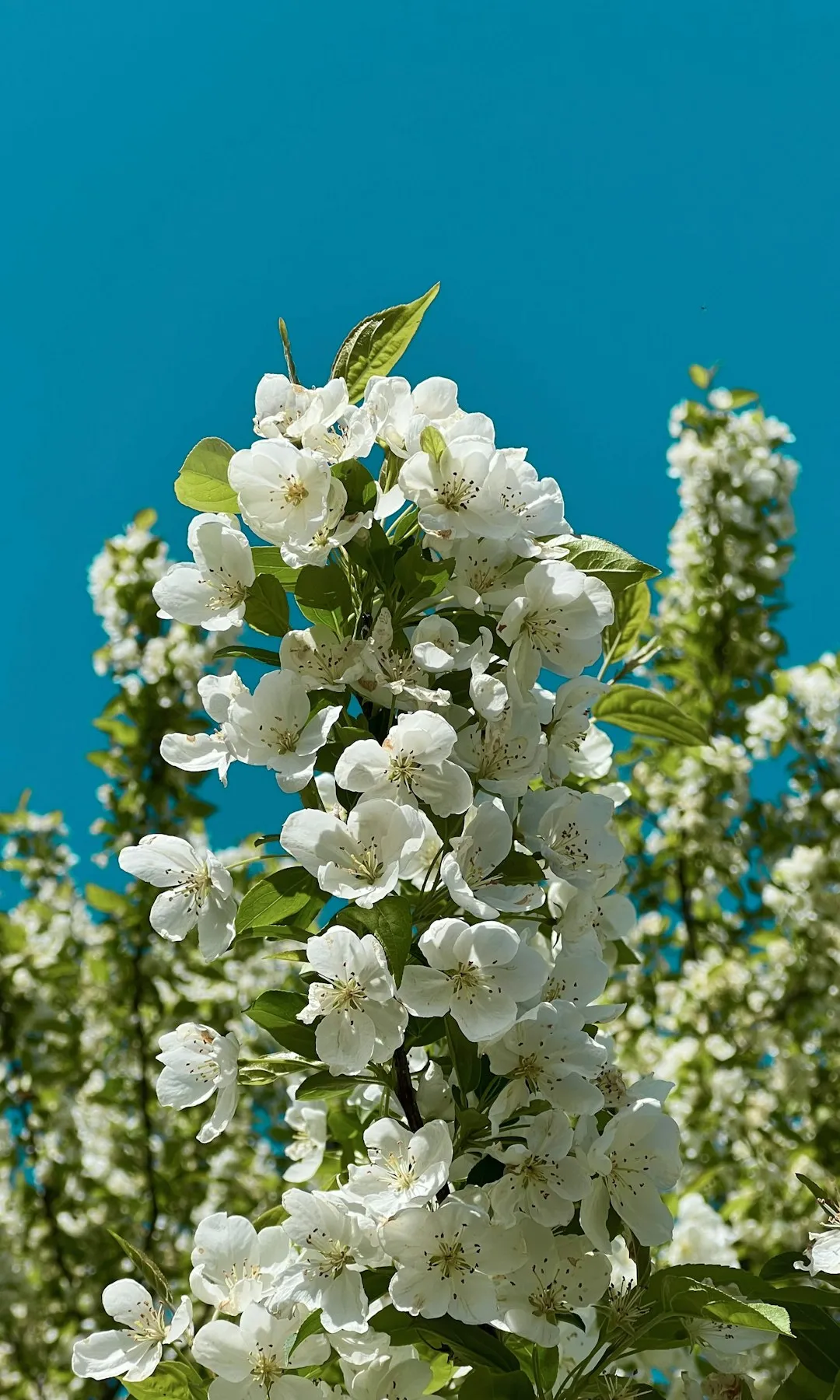
The Gravel Guide: Avoiding Common Pitfalls in Landscape Design
The Gravel Guide: Avoiding Common Pitfalls in Landscape Design
Summer's Floral Magic: Transforming Your Garden
Summer's Floral Magic: Transforming Your Garden
Transform Your Mailbox into a Garden Gem
Transform Your Mailbox into a Garden Gem
Transform Your Backyard with a Storm - Catching Oasis
Transform Your Backyard with a Storm - Catching Oasis
The Surprising Truth About Weed - Control in Vegetable Gardens
The Surprising Truth About Weed - Control in Vegetable Gardens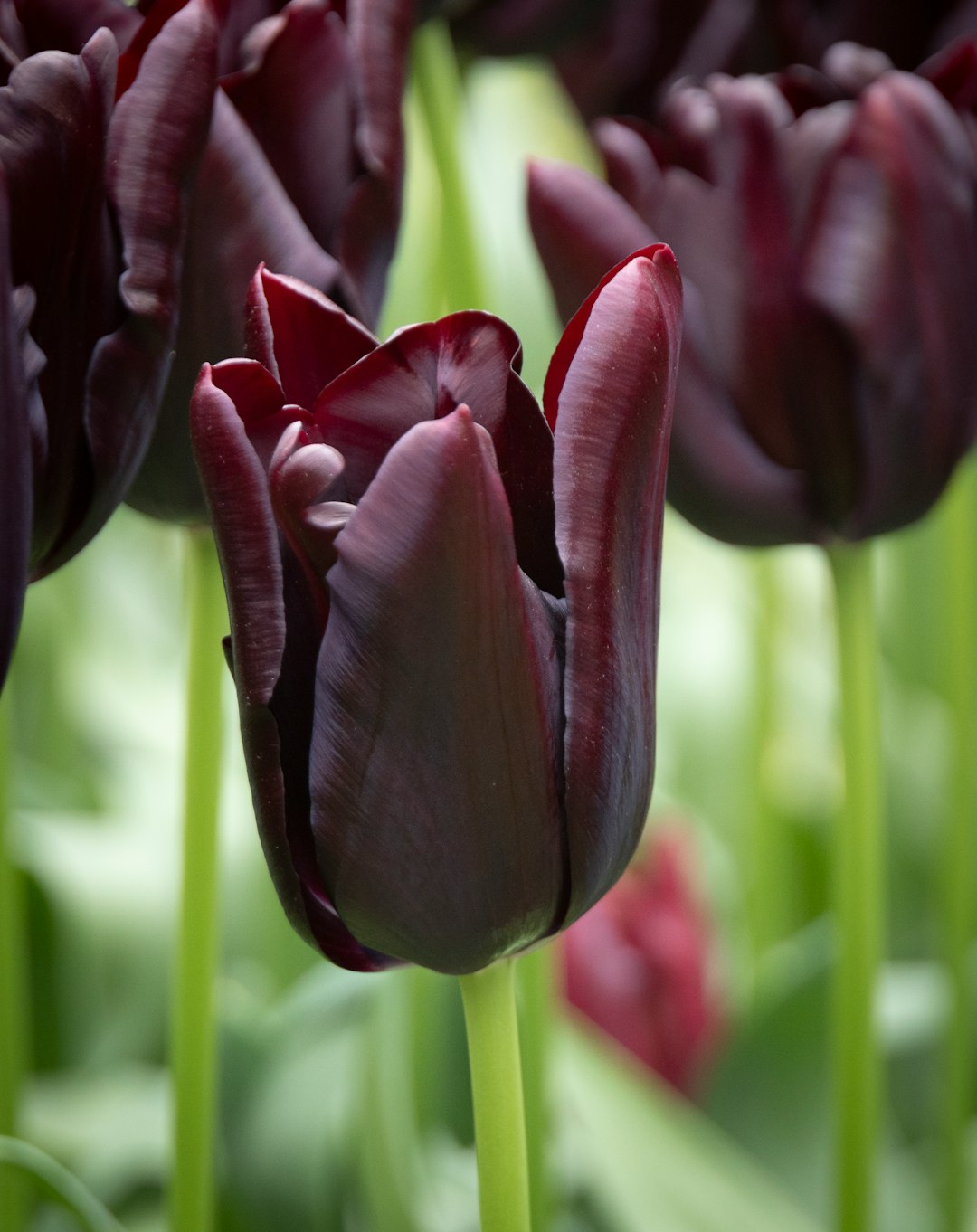
Conquer Your Garden's Invaders: Expert Solutions
Conquer Your Garden's Invaders: Expert Solutions
Reviving Your Hibiscus: Solving the Mystery of Yellow Leaves
Reviving Your Hibiscus: Solving the Mystery of Yellow Leaves